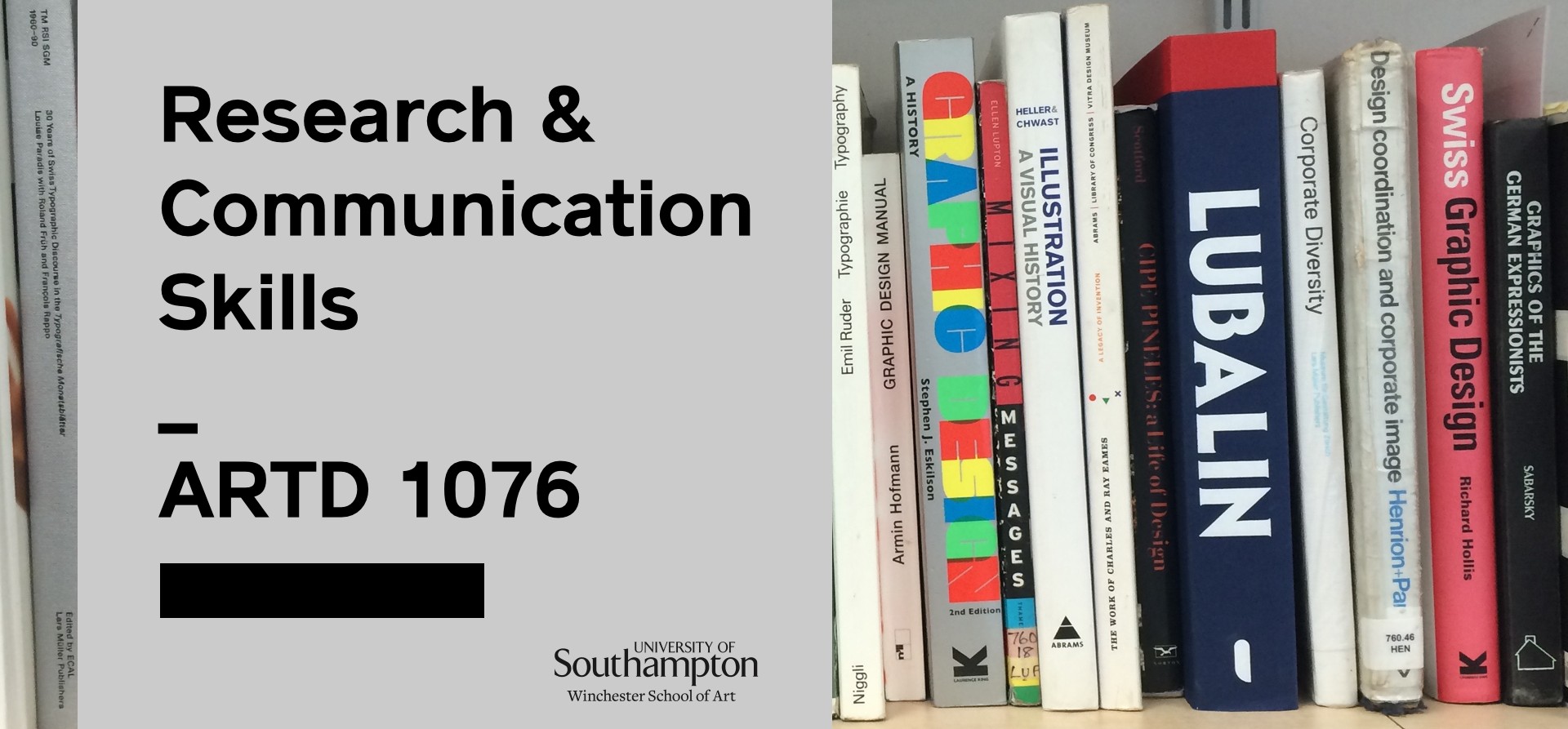I chose to read the chapter Taste, Fashion and the French Fashion Magazine by Sanda Miller in the book Fashion Media, Past and Present, which talked about fashion and taste during the 18th century. It believes that French fashion magazines “have been truthful mirrors of their time,” [1] believing that they are a storage of fashion and a measurement of individuals fashion taste.” I do agree with this as when you look at old and new magazines, you are able to see the change in what was considered fashionable and what people loved in fashion at those particular times.
Some of the themes in this chapter are the role of fashion magazines, how different people view objects, and what was seen as fashion in different time periods. One of the main points were how taste for an object changes depending on who is looking at it; that beauty is subjective. Shakespeare’s “beauty is bought by judgement of the eye” [2] and David Humes’ “beauty in things exist merely in the mind which contemplates them” [3] relate to this idea of taste as they are also commenting on how different people have different tastes of things; what one might find stylish, to another could find it ugly.
This chapter also mentions there being no common denominator in taste, and say that there should be one. However, I do think there is a common denominator in fashion, as there are people in the world who like the same type of fashion as you do, meaning your tastes is extremely similar/the same. Although it is a small amount of people who may share this liking, there is still a slight common denominator. But, I believe having no common denominator is also a good things, as if everyone liked the same thing, I believe fashion would then be boring as everyone starts to wear and look the same, meaning expressing your taste doesn’t mean much.
Jukka Gronow comments in her book The Sociology of Taste that fashion taste is socially determined based on various groups and classes of society. She talks about the way social circumstances can determine what your ‘taste’ is. I agree with this as I believe that if you were high up in the social ladder, you are exposed to more higher-class/ more expensive fashion than others who may not have that privilege of being able to buy designer pieces. I don’t believe class only determines peoples taste, as they can also be exposed to designer wear through magazines, however they might not like it as much due to other aspects such as money. She also commented “fashion does not have to decide whether to be or not to be” [4], which I interpret as her saying that maybe we are to decide whether fashion is to be or not, not fashion itself.
[1] Bartlett, D. Cole, S. and Rocamora, A. (2013) Fashion Media Past and Present, London, Bloomsbury Publishing Plc.
[2] Shakespeare, W. Love Labours Lost (1588)
[3] Humes, D, (2015, First published 1777) My Own Life, New York, Cosmo Classics Publication
[4] Gronow J. (1997) The Sociology of Taste, London, Routledge
